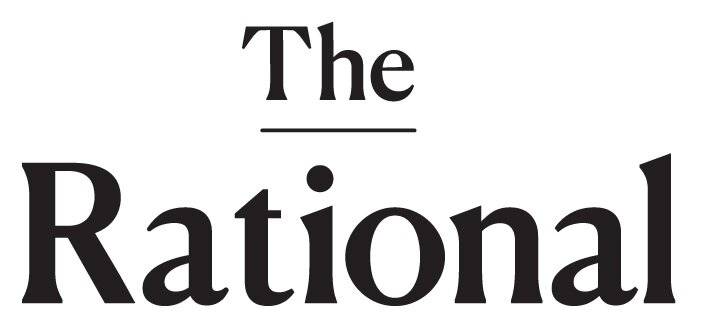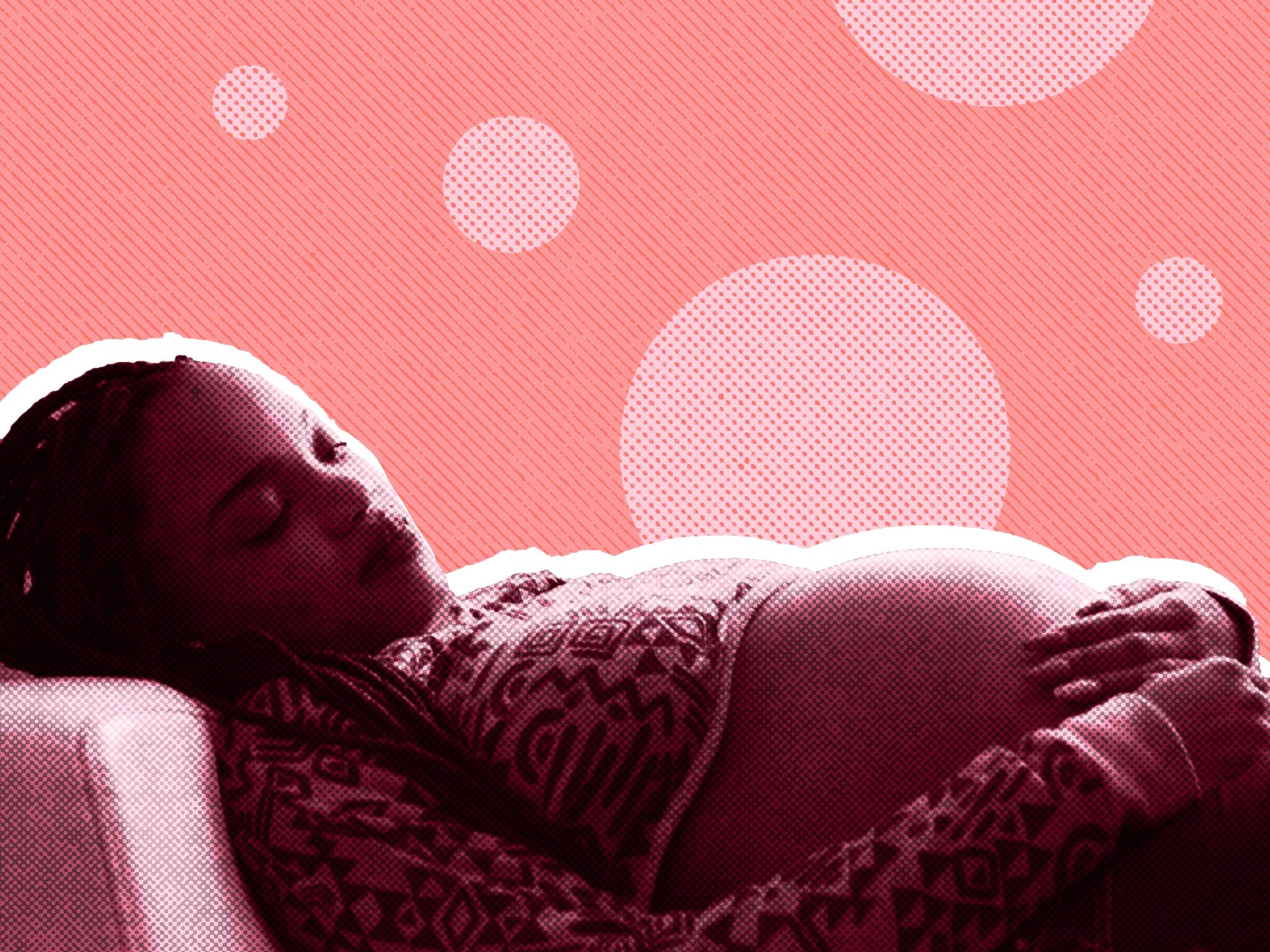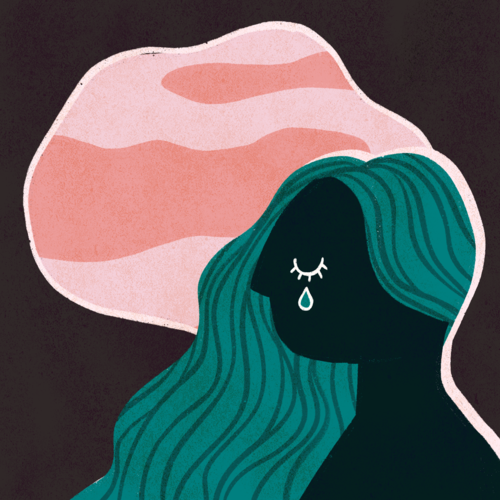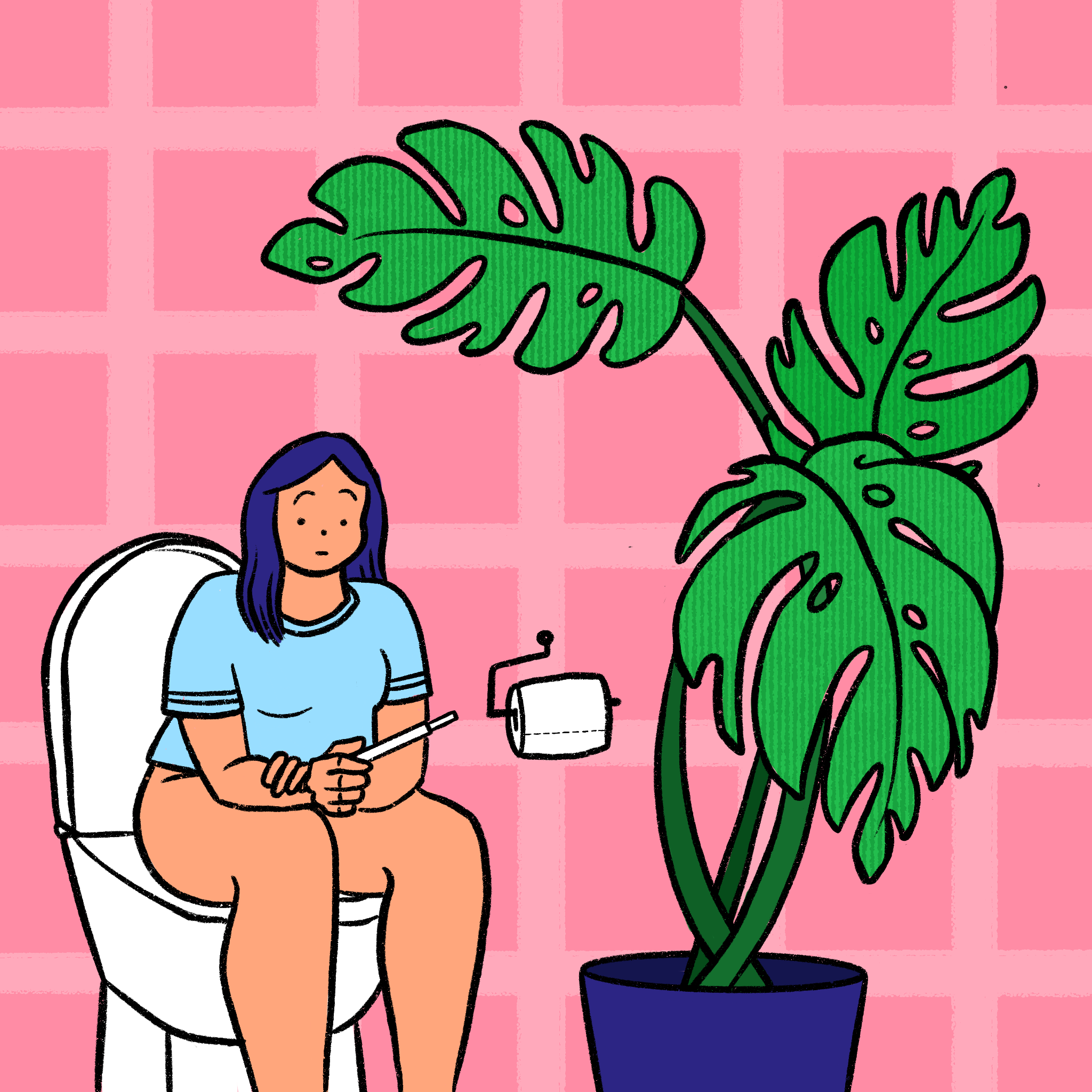Designing for Women in the Developing World
How engineer Zubaida Bai is improving women's lives one birth kit at a time.
Zubaida Bai is on a mission. Her goal: To educate women about safer healthcare practices and to encourage them to be self-aware throughout their reproductive life cycles.
In 2010, Zubaida founded ayzh (pronounced “eyes”), a social enterprise which originated with her birth kit, JANMA, designed to prevent infection during childbirth for women in developing countries. JANMA, meaning ‘Birth,’ is a purse containing the “basic, clean tools” needed for safer childbirth. Since the kit’s launch, over 300,000 products have been sold offering over 1.5 million women and children improved health outcomes.
As a mother, Zubaida understood just how necessary it was to have access to the safest possible medical equipment when preparing to give birth. According to UNICEF, eight hundred women die every single day from preventable causes during pregnancy or childbirth. 20% of this number are from within India. By selling JANMA for only $3 a pop, her team have been able to reach mothers in over 20 developing countries.
Thanks for taking the time to talk to us, Zubaida. Your products are safe to use, desirable, sustainable, and cost-effective. With design constraints pertaining to production, sanitation, sustainability and waste, how did you know which elements to prioritize?
From the beginning, the key thing was the packaging. That’s something that would brighten up every woman’s eye. They really want to see something beautiful and something that was useful. The biodegradability was something we had to bring in because 70% of the waste in the Indian medical industry is because of packaging. There are many design constraints when ensuring every component in the kit environmentally friendly, but then the larger medical manufacturing sector did not allow us to do that. We had to pick our battles. We had to prioritize the top three things which, for us, were the ethics of the product, the price, and the impact and usefulness of the product.
What the biggest universal misconceptions out there about women’s health?
Many people believe they don’t know what they need and what are the right products for them. The biggest problem with that is you don’t engage the stakeholder group you are developing for and that definitely needs to change–– it’s a big issue.
As a product developer and engineer by trade, have you faced any personal difficulties in your field, as a woman?
I remember when I used to go out for field trips back when we were designing the product, and I had just had my second child. He would travel with me all the time because he was being breastfed. I would always face this comment from men saying, ‘You’re not being fair to your child.’ I started traveling when my child was probably less than a month old. [I said] ‘I’m being absolutely fair to him because I’m breastfeeding him, and he’s traveling with me, and that’s all he needs, right? He’s with me.’
The person I’m not being fair to is myself, not the child. I’m taking a lot of pain and effort to give the child what the child deserves. I think it’s a very Indian, African issue and not necessarily a western world issue. I am not advocating that women should go into this world when they have little babies–– they definitely should take a rest! I just feel like the world is not fair to women who are out there trying to do their thing, and [doesn’t] respect them for what they’re doing.
Could you share a story about a new mother who benefited from the birth kit?
A woman was talking about having a birth–– usually in remote areas, where when the birth happens, the placenta and the blood is collected in a plastic bucket that looks more like a trash bin that a piece of medical equipment. She said that it made her feel dirty. But when the kit came in, she said that she ‘knew everything was clean’ around her, and the baby was well taken care of. We’ve realised that no woman on whom the birth kit is used views it as a medical product. Instead, it’s seen as a respectful childbirth. We can sell the product to the hospitals and healthcare workers with the medical benefits, but, for the mother, it comes down to delivering a more dignified birth for their child.
What do you hope to achieve with your range of products, now that they have been successful in advancing medical procedures in women’s health?
We are moving on from just the maternal health issue to looking at women’s health as one reproductive health lifecycle. We are starting with menstrual hygiene, going on, all the way up to postpartum hygiene. Over the next few years, we hope to include products in family planning and menopause as well. We aspire to be a company that focuses on women’s health overall by providing products, services and education at different points of intervention throughout life. [Women] can associate with the brand, trust the brand and come to us with any need that they have. At least at this point, that’s where we aspire to go.















